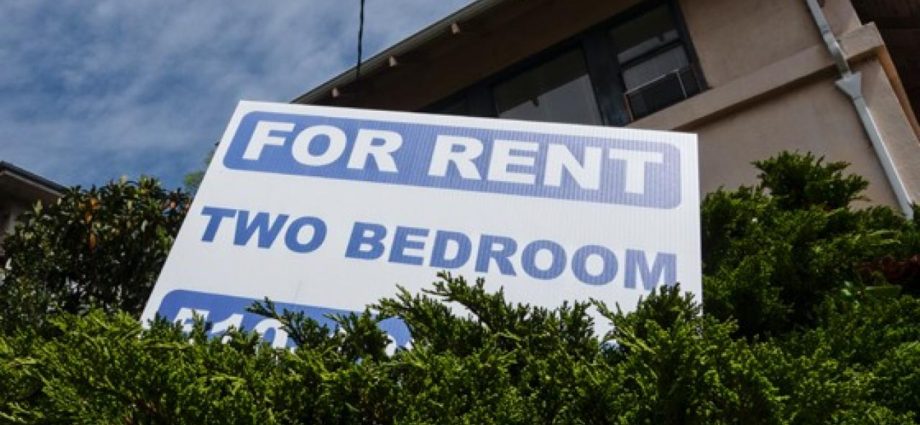PHOTO: The Residential Tenancies Amendment Bill: What it changes, and who stands to benefit Credits: Video – Newshub ; Image – Getty
New Zealand is about to go through the biggest reform of its tenancy laws in 35 years.
The new legislation comes into effect on February 11 and will make it harder for landlords to evict tenants without reason, among a raft of other measures.
Eviction
Landlords will no longer be able to evict tenants with 90 days’ notice – they will need “specific grounds” to get rid of renters – and the notice periods will change too.
If a family member of the landlord, or the landlord themselves, wants to live in the house they have to give tenants 63 days’ notice. If the property is being sold, then landlords can give 90 days’ notice.
To evict problematic tenants, landlords must provide evidence of three separate anti-social events in a 90 days period, or prove their tenant has been more than five days late on rent five times in 90 days.
However there are exceptions – if tenants are at least 21 days in arrears for rent, if they have caused or threatened to cause “significant” damage, have assaulted or threatened to assault someone, used the house for illegal activity, or abandoned the property.
Modification
Another section of the reform focuses on making houses more like homes for tenants. Tenants will be allowed to request fibre internet and landlords must agree – if it comes at no additional cost to them.
However, this request can be denied if it will compromise the weather-tightness or structural integrity of the property, if it breaches body corporate rules or if the landlord plans to begin extensive renovations within 90 days of the installation.
Tenants will also be able to request to make minor changes to the property such as hanging curtains or installing a baby gate – and landlords are not allowed to decline if the change is small.
Although they can’t deny it without good reason, they can request it be carried out in a certain way. The only way the request can be refused is if the modification cannot be changed back at the end of a tenancy, landlords are able to refuse.
READ MORE VIA NEWSHUB












